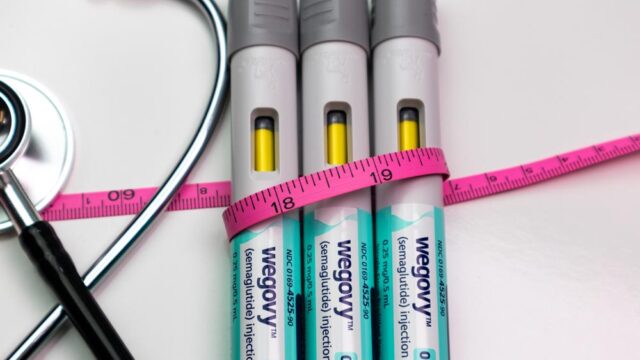Advertisment
Eighteen urgent actions in pharmaceutical education to avoid health worker shortfall

A global call to action issued by the International Pharmaceutical Federation (FIP) on 13th December 2021 sets out 18 urgent actions needed from academic institutions, professional organisations, policymakers and key pharmaceutical stakeholders in order to help prevent the shortfall of 18 million health workers by 2030 predicted by the World Health Organization, through advancing pharmacy and pharmaceutical sciences education.
“We can only meet the health and pharmaceutical needs of our societies if a flexible and adaptable pharmaceutical workforce is developed and deployed appropriately to apply its knowledge, skills, attitudes, behaviours and abilities to the maximum. As we draw closer to 2030, we are urging all stakeholders to take our recommended actions to advance pharmaceutical education now if we are to have any prospect of meeting the United Nations Sustainable Development Goals (SDGs),” said FIP CEO Dr Catherine Duggan.
Among these actions are to:
Increase capacity to provide a competent pharmaceutical workforce;
- Identify emerging, needs-based competency development areas, such as access to medicines and services, antimicrobial stewardship, communicable diseases, digital health and patient safety, and support the development of national foundational and advanced specialist frameworks building on existing, regional and global frameworks;;
- Ensure the quality of the pharmaceutical workforce by quality assuring pharmaceutical education and training;
- Enhance interdisciplinary and interprofessional education and collaboration with key stakeholders;
- Support the development of CPD programmes, such as for return to practice after career breaks and sector changes; and
- Generate pharmaceutical education intelligence to measure educational outcomes and inform investments.
FIP has pledged to support the achievement of the SDGs through implementing the FIP Development Goals across the entire pharmacy profession. The federation has already been working on transforming the education sector through the FIP-UNESCO UNITWIN programme. At FIP-UNITWIN workshops in October academic institutions and key stakeholders worked together on SWOT analyses and identified priority FIP Development Goals for pharmaceutical education in each World Health Organization region. The workshops resulted in regional roadmaps to advance pharmaceutical education, which have been consolidated in FIP’s global call to action.
Dr Duggan added: “FIP is committed to providing its networks with platforms, expertise, capacity, resources, guidance and global standards to advance pharmaceutical education, training and research. Regional roadmaps developed at our recent FIP-UNITWIN workshops will provide systematic and concerted frameworks to advance and transform pharmaceutical education globally, and FIP will establish regional centres for excellence through FIP-UNITWIN programme to implement these roadmaps.”






